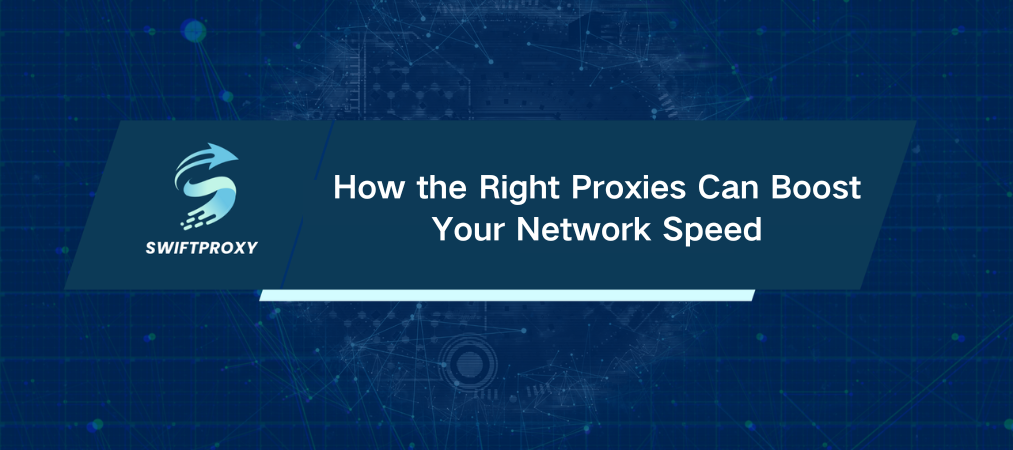How the Right Proxies Can Boost Your Network Speed

When it comes to network performance, proxies can make or break your speed. In fact, depending on the type of proxy you're using, your internet experience can either soar or crawl. But why does this happen? It's all about the proxy's type, location, and the quality of its service.
Whether you're streaming, browsing, or managing critical business data, understanding how proxies influence your network speed can help you make better, faster decisions. Let's dive in.
Decoding Proxy Types and Their Speed Impacts
Proxies come in many forms, each with its unique strengths and weaknesses. Here's a quick breakdown of how different proxies affect your network speed.
Residential Proxies: These proxies are tied to physical locations and use real IPs from home users. While they offer more trust and anonymity, the catch is that they often rely on slower home internet connections. So, while they're dependable, don't expect blazing-fast speeds.
ISP Proxies: Provided directly by your internet service provider, these proxies are a happy middle ground. They typically deliver better speed and reliability, as they connect directly to the ISP's high-performance network. Need a solid, consistent connection? This is your go-to.
Datacenter Proxies: Speed demons in disguise. Datacenter proxies are the fastest out there, leveraging high-speed data center connections. They're great for tasks demanding quick, heavy data transfer, but they might not be as trustworthy, since they don't mimic real user behavior as well as other proxies.
Mobile Proxies: These are a bit of a trade-off. They’re slower than other types, primarily due to the limitations of mobile networks. But here's the kicker—they're nearly undetectable and trusted by many websites. So if anonymity and avoiding detection are crucial, mobile proxies are worth considering.
Selecting the Right Proxy for Your Needs
Selecting the right proxy depends entirely on your goals. Here's how to match your needs with the right proxy type:
Speed is a priority? Go with Datacenter Proxies. They'll get you the performance you need without much hassle.
Need trust, but willing to sacrifice speed? A Mobile Proxy might just be your best bet.
Looking for a balance? Residential Proxies offer a decent blend of speed and reliability—though they won't be as fast as datacenter options.
Seeking reliability with decent speed? ISP Proxies strike a great compromise.
Ultimately, it's about identifying what matters most—whether it's speed, trust, or reliability—and aligning your proxy choice accordingly. Don't settle for a one-size-fits-all approach—choose wisely, and your network will thank you.
The right proxy isn't just about speed. It's about matching performance with your unique needs. Do your homework, test different options, and find what works best for you.

















































